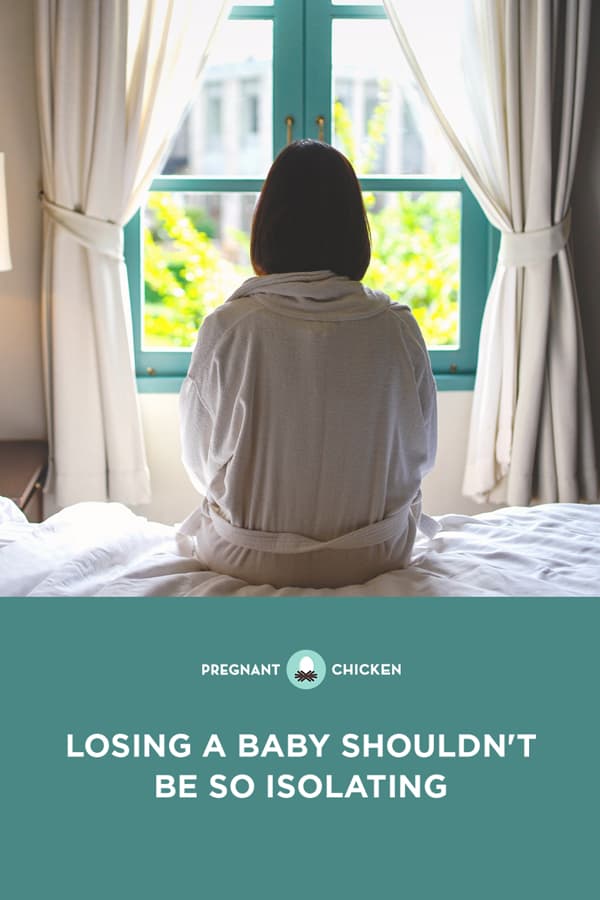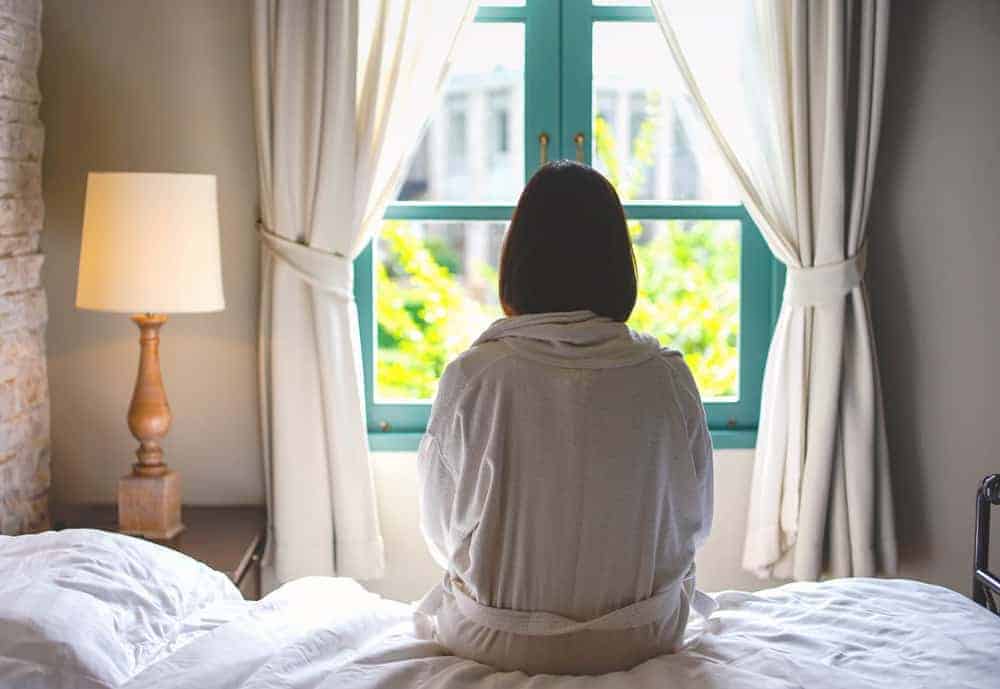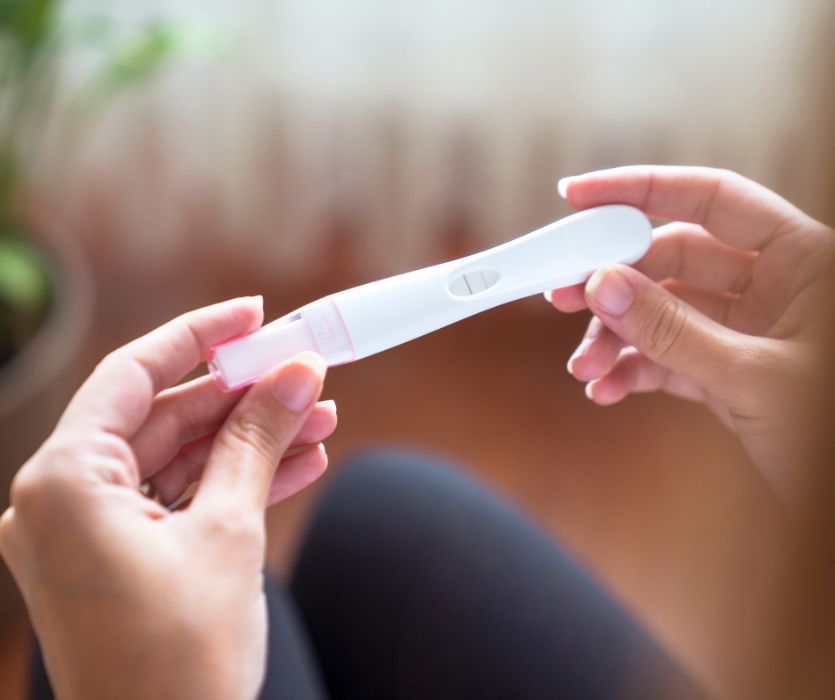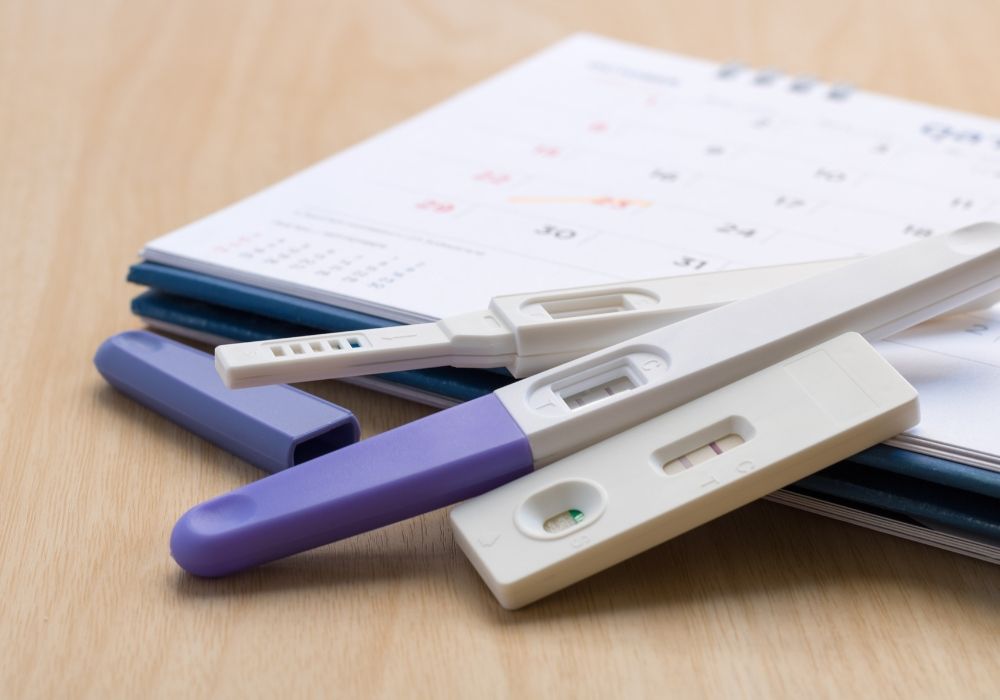“I lost a baby.” It’s a phrase I find myself saying, in one way or another, every time the topic of how many kids I have comes up. I never say it to make people uncomfortable and I don’t want sympathy. I want people to know how proud I am of her.
She may have never had a chance, she wasn’t older when she died, and she had no traditional achievements, but she was mine. She grew for almost 9 months in my body and I got to hold her as she crossed over, so I am proud.
After we lost her, a part of our family went with her.
We no longer had one child like everyone else could see, we had two. We also had the isolation that comes with the subject of child loss. The feeling that you no longer fit in with the perfect families with two little kids playing, running to the door when you come home and growing into beautiful teen girls, then eventually adults. We would never have that.
Instead, we have pictures of when she was alive, and her ashes displayed with the pictures.
When I say “I lost my middle child” I am not saying that to kill the conversation.
Or to educate about the importance of taking extra folic acid while pregnant or trying to conceive. I am saying that because she is just as much my daughter as my two living daughters.
My 7-year-old remembers her, and my 3-year-old knows she has had 2 sisters. We will never keep our middle daughter a secret from anyone. She was born, she lived for a short time, then she died. It was the cycle of life right in that hospital room that day, but she was born so she was my daughter.
When I say, “I lost my child,” I am not trying to gain sympathy.
I don’t want you to feel sorry for me. I want to acknowledge that she was alive for a short time, she changed our lives and she was here. My husband and I had a two-year-old already when we lost our baby. She lived for three and a half hours, then died in my arms surrounded by family. We knew from the ultrasound that she wouldn’t make it and chose to carry.
The pain of the isolation is real.
I was always feeling sick, nauseated and fatigued. Those three symptoms had followed me with all three pregnancies but depression crept in (not PPD – but situational depression and grief) and it took me twice as long to heal from the c-section as it did with both living girls. The isolation hurt worse.
Being afraid of being asked the questions about how many kids I had.
On one hand, I only had one child people were comfortable hearing about but the other child existed and I felt guilty every time I didn’t mention her. It threw me in what felt like a cage – answer honestly and risk killing the conversation, or keep her story a secret and betray my heart?
If I mentioned her, the conversation would instantly grow uncomfortable or they would apologize and it felt like pity, which I didn’t want. I wanted to simply acknowledge she had been born and had existed, even such a short time.
One positive was that I found out there were many others who lost theirs.
The day we learned about her condition, I logged on Facebook and looked up the name of it. I found one main support group. I joined so I could learn more about it and one of the threads was talking about where we were from. It turned out, there was another couple in the same town who was diagnosed the same day we were in the same hospital. I still talk to her occasionally and by now we have met in person.
Support groups, even on sites like Facebook help immensely in dealing with the isolation.
They show there are others who have been through the same living hell and survived, but what people really need are their normal support system (close friends and family members) to show they care but don’t pity.
If you have a friend who has recently lost a baby, don’t uncomfortably change the subject.
Not being able to talk about the baby you lost is one of the biggest types of isolation. Those of us who have lost are not in a majority, by any means. If you have a close friend who just lost or is trying to process the news that they are about to lose their baby, don’t avoid them. Let them get it off their chest, listen to them and remember that it’s a huge trauma and we all need to remove the social isolation that typically comes with it.
Not everyone will want to talk about it, but there is healing in getting it out and in the open, even if it is with just a few close friends or family members. Losing hurts bad enough. It shouldn’t lead to being outcast as well.
Our next recos: Scary Shit Series – Surviving Diagnosis Day





Leave a Comment